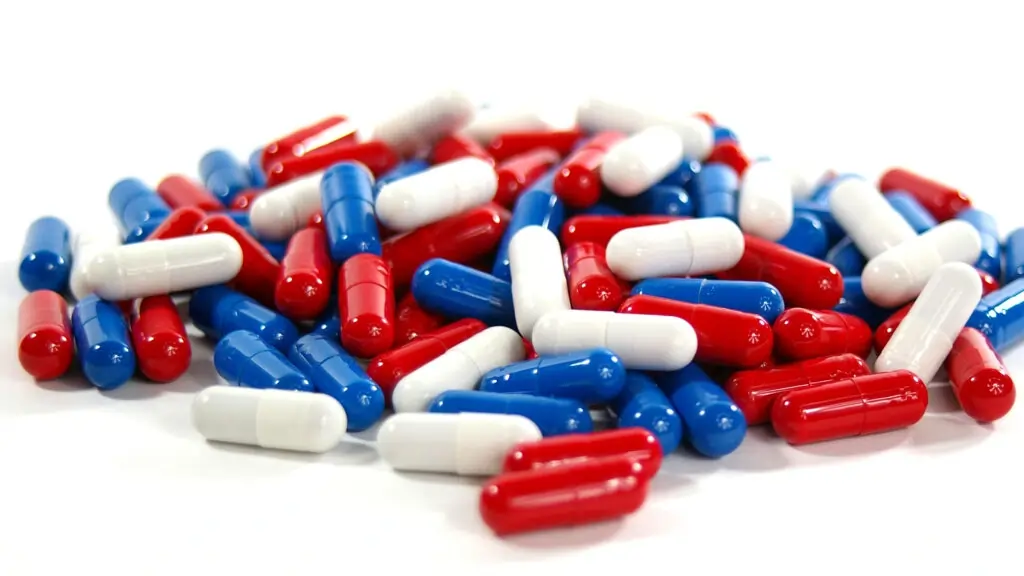

Image Credit: STAT News
In the time of great awareness and geopolitical imbalance, covering national health security has well explained the necessity of reviving the production of responsive pharmaceutical ingredients, which cannot be inflated. The Olin Business School at Washington University in st louis stated that over 80 of the major top 100 generic medicines have no US-related source for their responsive active pharmaceutical ingredients (APIs), the components that offer the drug's therapeutic benefit.
This instigating take on foreign pharmaceutical production opens American healthcare providers and consumers to extreme risk, involving ongoing drug limitations and limited access to crucial medications like chemotherapies and anesthetics. Also, the weather events in the US can lead to supply issues. These incidents elaborate on the requirement of a strong domestic pharmaceutical manufacturing base that can promise redundancy during other hurdles and disasters.
Trump’s current executive order will initiate the smart active pharmaceutical ingredients reserve, providing an opportunity to leverage the domestic production of APIs and the essential starting materials used for production. This is a positive sign that the administration addresses the need to put domestic production first when possible to power up the national health security. To perfectly address the potential value of this initiative, the smart investments should be counted by Congress and the administration.
The past few years have witnessed certainty in the supply chain. By far, the healthcare providers and company professionals have pinpointed the vulnerabilities that are not only abstract, but they have an impact on healthcare delivery and patient outcomes. This delays medication error and inferior treatment. The trump administration's initiatives to drive US manufacturing have unlocked opportunities for other efforts.
By reinforcing pharmaceutical manufacturing, the US can accelerate and advance the manufacturing core potential while introducing new jobs and contributing to the US-produced and sourced drug products. This, merged with a structured centralized approach to identify drug shortages, will open new pathways for economic growth and enhanced health security for all American citizens.
There are numerous initiatives ongoing in the background of US healthcare to introduce generic API production back to the region. Following, the API innovation center (APIIC) has built a public-private collaboration between academia, innovators, and industry. With collaboration with pharmaceutical manufacturing companies, APIIC has contributed to the development of albuterol, propofol, and bupivacaine. Including all drugs that are in short supply regularly.